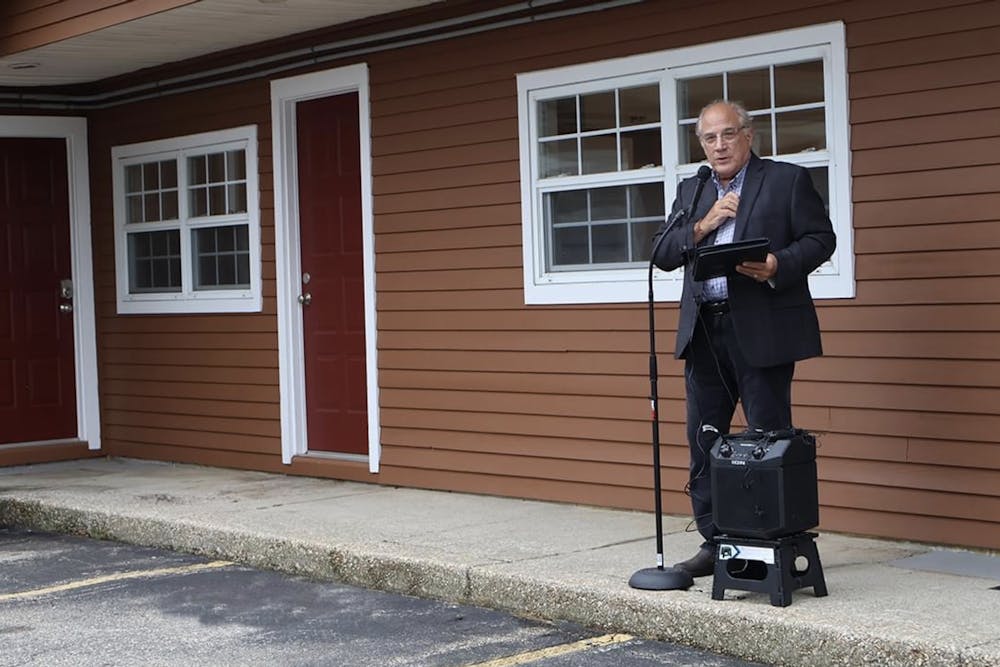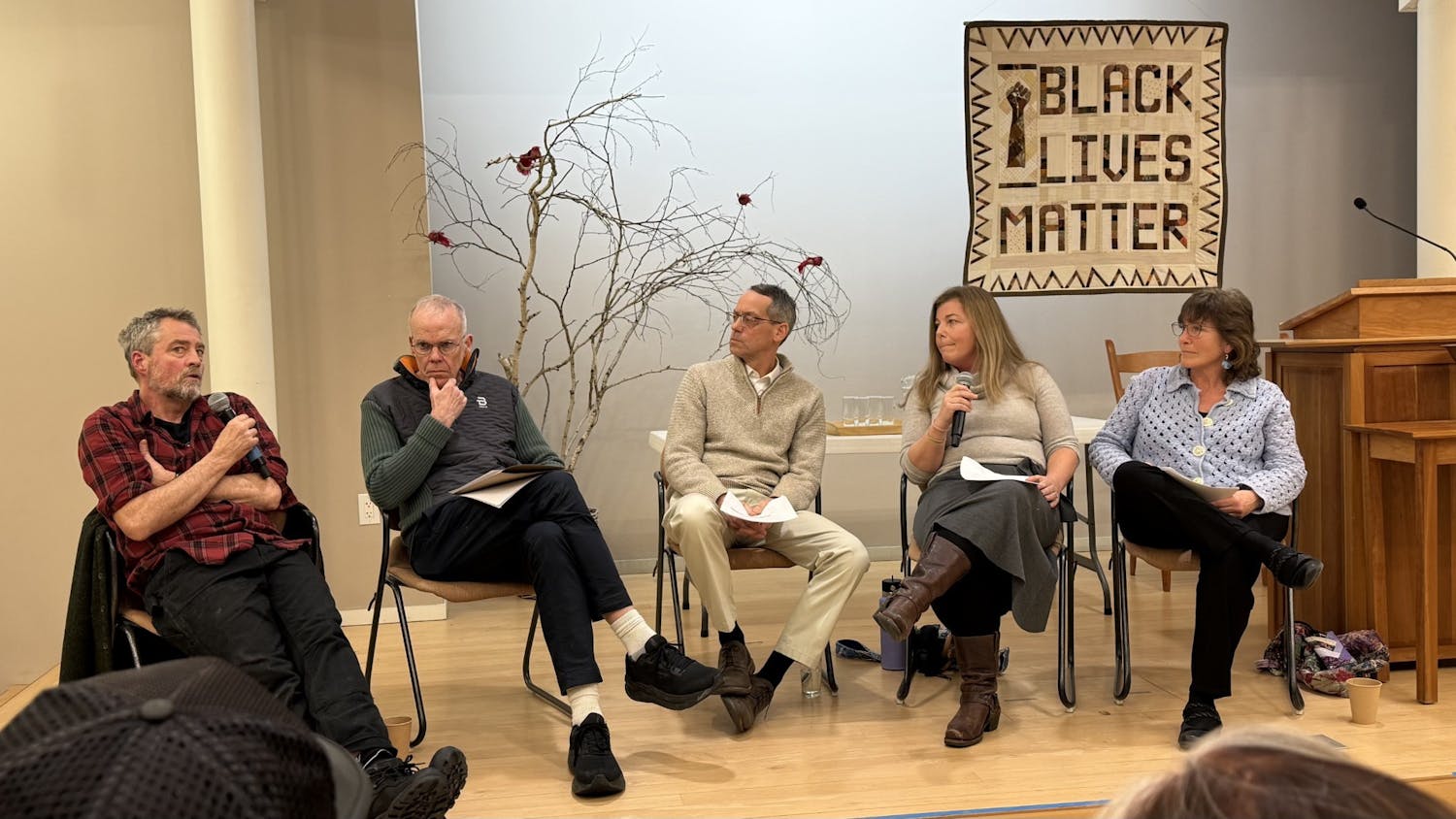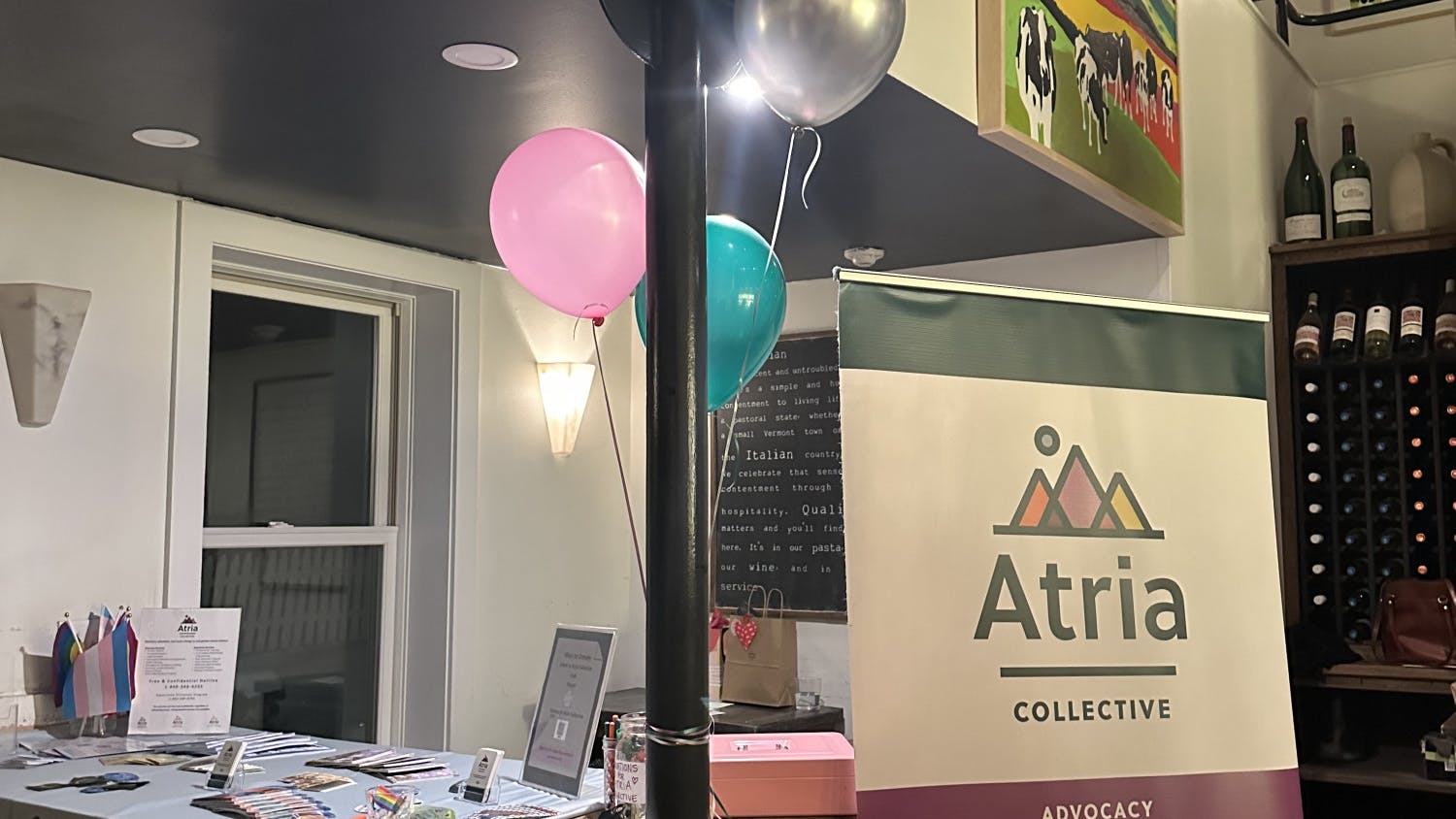The Champlain Housing Trust — the largest community land trust in the U.S. — received a $20 million donation from MacKenzie Scott through her philanthropist fund, Yield Giving. The contribution marks the largest donation the trust has received in its nearly 40 years of work towards providing affordable homes and related community assets in northwest Vermont, a region facing an ongoing housing crisis amidst a broader state-wide shortage.
Previously named The Burlington Community Land Trust, the Champlain Housing Trust began in 1984 with financial and technical assistance from the City of Burlington. Serving Chittenden, Franklin and Grand Isle counties, the trust currently owns over 3,000 housing units including houses, condominiums, cooperatives, multi-family rentals, supportive housing for persons with special needs and short-term housing for the homeless. The trust staffs approximately 150 employees and has an operating budget of about $27 million per year, with a developmental budget of between $60 and $80 million.
In a late September interview with VTDigger, CEO Michael Monte said that he learned of Scott’s specific donation in July, though he had been aware of a potential donor since February.
“We are extremely grateful to Ms. Scott for the confidence she and her team have placed in our efforts to address the region’s housing crisis, the work we do in supporting people in need, and the track record of serving our communities over the last 40 years,” Monte said in a September press release announcing the donation.
In the press release, the Champlain Housing Trust also described some of its intentions to utilize Scott’s gift to further its mission of developing permanently affordable homes and related community assets. The trust will use the funds to grow and reinvest in properties that serve the most vulnerable populations, expand the Homeownership Equity Program and educate prospective underserved homeowners, particularly BIPOC households that have been obstructed from home ownership by racist policies, according to the press release. The trust hopes to boost the number of households exiting homelessness through the addition of more rental housing.
Champlain Housing Trust also plans to improve its community centers — the Old North End Community Center in Burlington and the O’Brien Community Center in Winooski, VT — and expand their community programming to support residents currently housed through the trust.
Bert Johnson, professor of political science at Middlebury College, identified housing trusts as a creative approach to housing and noted their ability to stabilize neighborhoods, making them less susceptible to gentrification.
However, despite the progress Scott’s donation will make for affordable housing, it is far from an adequate solution to Vermont’s housing crisis at large, Johnson said.
“I think there’s no discounting the importance of philanthropy, but this is a one-time infusion,” he said. “In terms of any long-term sustainable solution to the housing problem, there’s a lot of work to be done, both in the private sector and the public sector.”
Vermont has the second-highest per-capita rate of homelessness in the country, trailing California, according to figures published in December 2022 from the U.S. Department of Housing and Urban Development.
Approximately 2,500 Vermonters are currently housed in motels through a Covid-19 pandemic relief program, which costs the federal government about $8 million a month. Governor Phil Scott’s administration pushed to eliminate this program in June due to a loss of emergency funding, which would have left 1,800 households, including about 600 children, unhoused. While lawmakers ultimately passed a bill to extend the relief program to allow the majority of its participants to keep their rooms until they find alternative housing, uncertainty and fear among the motel residents continues to run high as policies change and waitlists for permanent housing grow.
Despite the political tensions surrounding policies to address the housing crisis, Johnson said that Democrats and Republicans seem to agree that Scott’s donation is a step in the right direction.
Having already donated an estimated $146 million to 24 nonprofits across the U.S. in the first half of 2023, Scott’s donation to the Champlain Housing Trust brings her philanthropy back to Vermont for the first time since her $9 million gift to the Vermont Foodbank in 2020.
In May of 2019, Scott, ex-wife of Amazon founder Jeff Bezos and the 47th wealthiest individual in the world, signed The Giving Pledge, committing to donate the majority of her wealth as a billionaire to philanthropy. Scott founded Yield Giving in 2020 and launched a $250 million Yield Giving Open Call in March of 2023, inviting community-led and focused nonprofit organizations in the U.S. to apply for grants.
“Organizations best suited to this initiative will enable individuals and families to achieve substantive improvement in their well-being through foundational resources,” the Yield Giving Open Call webpage reads. Only organizations with a budget ranging from one million to five million dollars were eligible to apply.
“We couldn’t imagine a better time, with Vermont’s well-documented housing challenges and the State’s ongoing commitment to building affordable housing, to give our community the opportunity to do even more and being able to sustain this effort over time,” said Jeff Smith, board president of the Champlain Housing Trust, in reference to Scott’s decision in the September press release.
Madeleine Kaptein '25.5 (she/her) is the Editor in Chief.
Madeleine previously served as a managing editor, local editor, staff writer and copy editor. She is a Comparative Literature major with a focus on German and English literatures and was a culture journalism intern at Seven Days for the summer of 2025.




